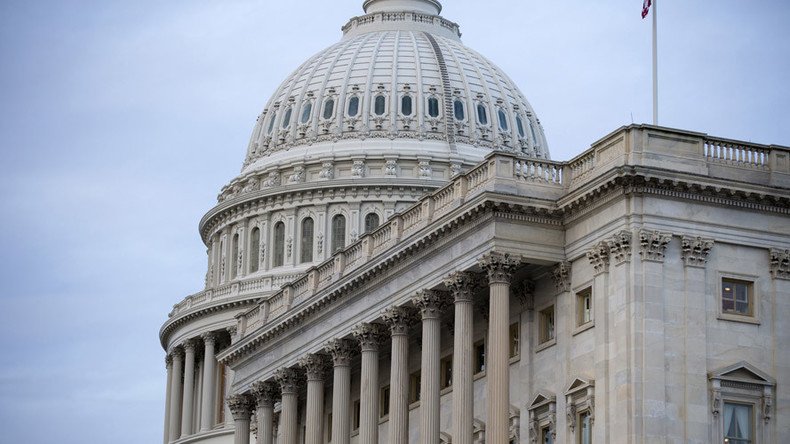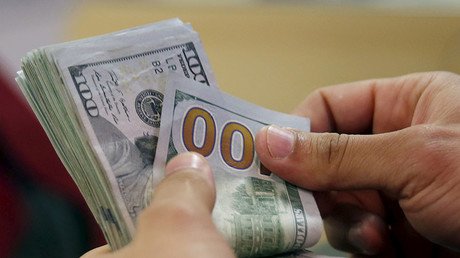Paralysis in US political system threatens American global competitiveness – Harvard Business School

A scathing report from the Harvard Business School has blamed the US political system with its Democrat-Republican bickering as the main stumbling block on the way to economic recovery and the reason behind the US losing its global edge.
"We have reached the conclusion that the paralysis in the US political system is one of the gravest threats to our economic competitiveness," professor of business administration and co-author Jan Rivkin wrote in Thursday’s annual report, which comes as the United States enters its eighth year of recovery from the Great Recession of 2008.
The source of the gridlock, according to the authors, is the inability of the Obama administration to reach a consensus with the Republican-run Congress on programs to boost US global economic competitiveness.
The widening economic gap increasingly has more capital concentrated in the hands of fewer people. This affects especially those areas of government activity that directly influence the lives of the vast majority of Americans – such as healthcare, education, infrastructure and tax regulations.
According to the authors, “addressing America’s economic challenges requires a common understanding of competitiveness and the true underpinnings of prosperity.” However, while recovery from the recession has been less than adequate, they still believe American competitiveness has been on the decline “since well before” then, dating back to the 1990s, after economic performance last peaked.
Factors such as rate of growth in economics, jobs and productivity have been waning since then, and these problems are “structural, not cyclical in nature.”
READ MORE: 10 biggest corporations make more money than most of world combined
The authors believe the country’s lack of progress reflects “an unrealistic and ineffective national discourse on the reality of the challenges facing the US economy and the steps needed to restore shared prosperity.”
And business, according to them, has failed to engage with government, leading to a massive slowdown, “especially in Washington.”
Prior reports gave a more optimistic outlook, which the authors say is a thing of the past. This started in earnest in 2015. The percentage of experts expecting a decline had decreased strongly from 71 to 42 percent from 2011 to 2015. It then rose again to 50 percent in this year’s report.
They also write that many of the aspects of the American economy still continuing to give it an edge over other players are all in areas that benefit major businesses and those employed in the highly-skilled sector. The majority of Americans simply fall through the cracks.
According to Rivkin, one major problem is a simple lack of information to inform debates on key issues.
Concern is being shown that a sizeable chunk of the population has no opinion on the main policy points of both parties in this year’s presidential campaign. That is 46 percent that doesn’t care or know enough about infrastructure spending – a massive topic for both Donald Trump and Hillary Clinton.
The same goes for the federal budget, trade policy and streamlining business and tax regulations. Many simply don’t have an opinion on those.
And according to a Duke University poll cited by the AP, a third of US financial officers say they’ll hold back on all major investments and decisions until after the elections, owing to a lack of clarity on what the candidates will actually do. That is a problem for the Harvard academics, who see business investments as gateways to steering the country back to the desired level of economic competitiveness.














